For the past 25 years, the International Copper Association (ICA) has partnered with the United Nations (UN) to advance clean energy solutions and make a global impact on the UN Sustainable Development Goals (SDGs).
During this time, ICA and its members enabled the creation of:
International organizations, such as Sustainable Energy for All (SEforALL) and United for Efficiency (U4E), which have paved the way for hundreds of clean energy projects worldwide.
Energy-efficiency accelerators that led to the implementation of national energy performance standards—including minimum energy performance standards for motors in nearly 40 countries.
Training programs supporting thousands of people in developing and emerging economies in their pursuit of sustainable development and energy access.
UN Partners
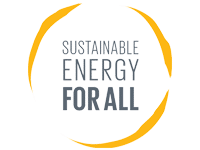
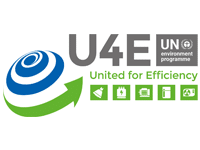
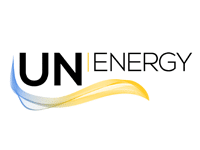
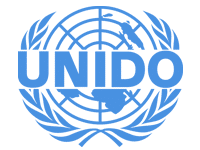
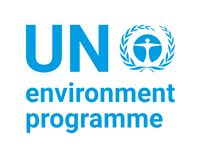

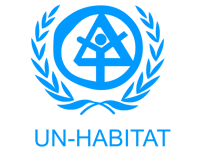
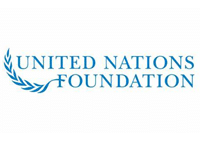
A Long History of UN Collaboration
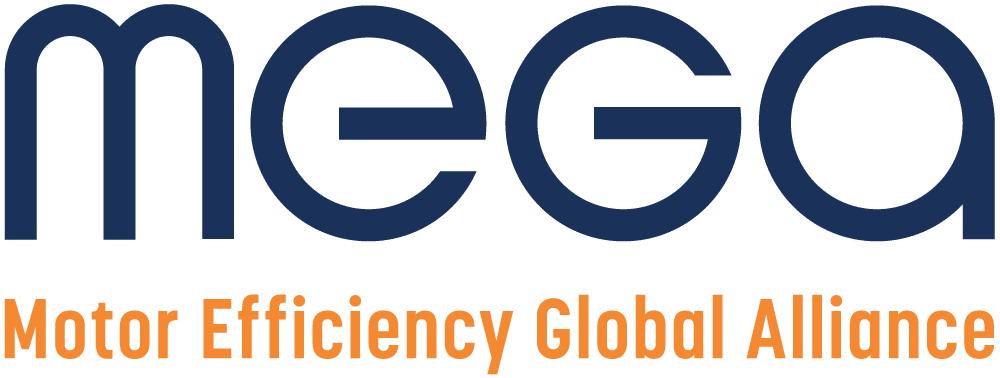
Motor Efficiency Global Alliance (MEGA)
With partners at U4E, the UN Industrial Development Organization (UNIDO), SE4ALL, the International Energy Agency (IEA) and the Carbon Trust, ICA launched a partnership to increase motor efficiency around the world. Doubling the efficiency of new industrial motor systems worldwide could reduce carbon emissions by more than a gigatonne by 2030.
Grid Efficiency and Resilience (GEAR)
Launched at the SEforALL forum in May 2022, the GEAR initiative is a public-private partnership established by ICA, UNIDO, IEA, SEforALL, Carbon Trust, the Alliance for Rural Electrification (ARE), the UN Environment Programme (UNEP) and the International Renewable Energy Agency (IRENA). GEAR aims to improve the efficiency and resiliency of African electricity grids by providing technical assistance and capacity building on efficiency, safety and reliability. By doing so, projects contribute to increasing the electricity delivered to the final end-user without increasing electricity production and greenhouse gas (GHG) emissions.
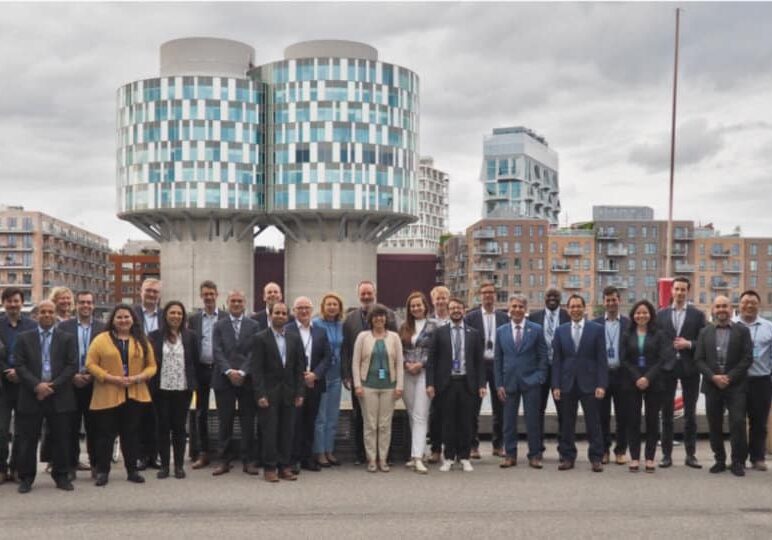
Mission Efficiency (ME)
Mission Efficiency was established in 2022 at the SEforALL Forum in Kigali, Rwanda, to share resources needed to deliver solutions on energy efficiency and climate action.
The initiative formed an Energy Efficiency Marketplace, bringing together representatives from a broad range of financial institutions and energy efficiency experts. This group will review proposed projects and work with the project developers to make them investment ready. The Marketplace Taskforce is led by ICA, the Basel Agency for Sustainable Energy (BASE) and Climargy.
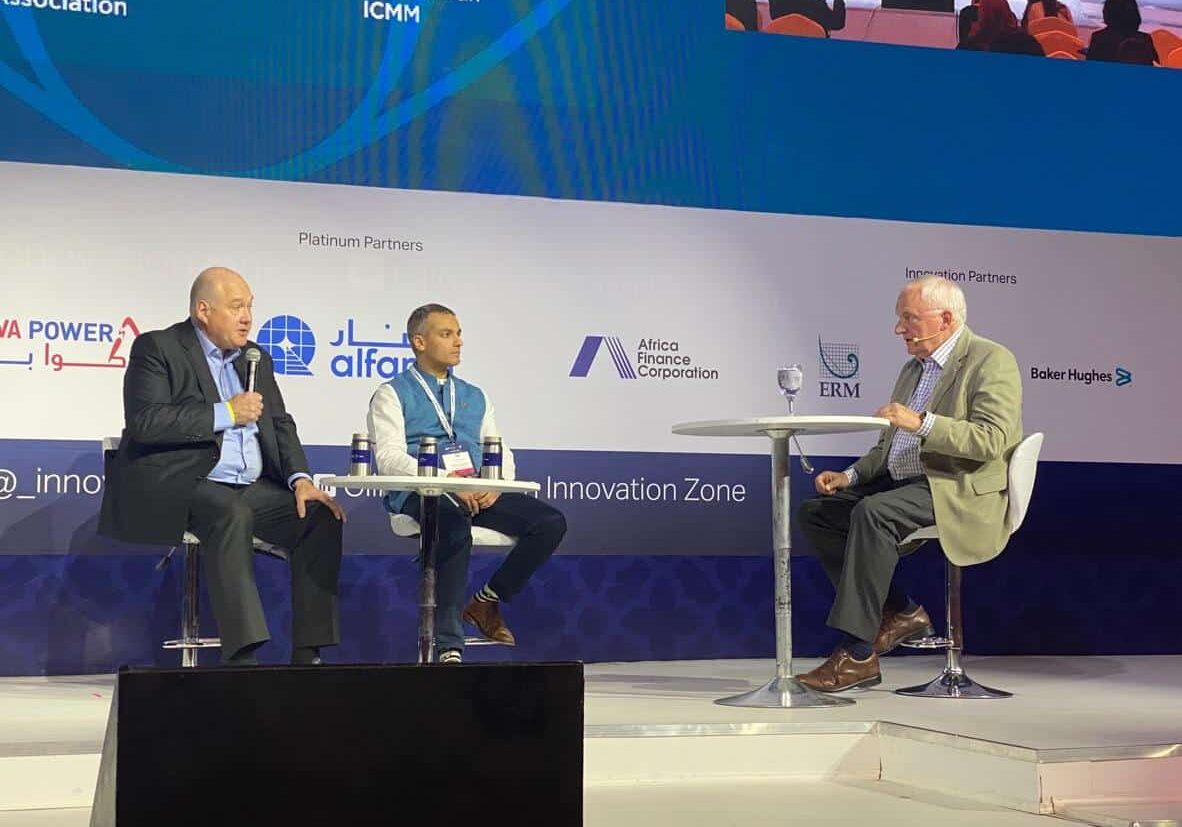
COP27
ICA has been an invited Observer to the UN Framework Convention on Climate Change (UNFCCC) Conference of the Parties, better known as “COP,” since 2005. COP27 provided several opportunities for ICA to promote the Climate Action Position Statement, build awareness for Copper—The Pathway to Net Zero (ICA members’ decarbonization roadmap) and launch the Energy Efficiency Marketplace.
Additional resources to view:
ICC Panel Recording | High-level Roundtable – Empowering a Climate-Resilient Africa | COP Transformers podcast “Empowering Africa: The Role of Tech and Finance”
Cornerstone of Rural Electrification (CORE)
CORE is an initiative launched jointly by ARE and ICA, in partnership with IRENA, SEforALL, Carbon Trust, UNEP and UNIDO to support rural electrification efforts worldwide. CORE provides technical assistance and capacity building on efficiency, safety and reliability for decentralized renewable energy (DRE) systems. Since its inception, CORE has trained over 1500 people from 12 countries.
CORE is working with more than a dozen energy access projects in Africa and Southeast Asia, and this number continues to grow. As a local jobs creator, CORE empowers local communities to install and service decentralized renewable energy systems.
Global Alliance for Buildings and Construction (GABC)
In 2021, ICA joined GABC, led by UNEP. With 289 members, including 40 countries, the partnership brings together governments, the private sector, civil society and intergovernmental and international organizations to enable a zero-emission buildings and construction sector. The Alliance works to increase ambition in retrofitting existing buildings and future-proofing investments into new buildings. Partnership with the Alliance allows ICA to join other metals associations in green infrastructure advocacy and promote members’ decarbonization plans. Through the partnership, ICA will ensure copper-based systems and solutions continue to contribute to zero-emission, efficient and resilient buildings.
UNEP Life Cycle Initiative
ICA participated in a pilot study on social impacts in the copper sector for the UNEP Life Cycle Initiative using the newly published Social Life Cycle Assessment Method, a method used to assess the social and sociological aspects of products. ICA contributed to the development of the indicators and impact categories connected to the methodology.
Green Climate Fund (GCF) Projects in Africa
ICA applied for funding from the Green Climate Fund (GCF) for “Readiness and Preparatory Support” projects in eight African countries. ICA authored the proposals—all of which were approved by the GCF for $2 million. The projects transformed local markets for energy efficient distribution transformers and residential refrigerators by introducing minimum energy performance standards. Led by BASE, ICA spearheaded the project implementation in four countries: Malawi, Namibia, Zambia and Zimbabwe.
UNDP Motor Efficiency Partnership
ICA China and the United Nations Development Programme (UNDP) developed and signed a memorandum of understanding (MOU) to coordinate the inputs of relevant stakeholders on the industrialization of high-performance motors technologies in China.
The partnership enables:
- Collaboration with government authorities to accelerate the transformation of the Chinese motor market
- Market research on the Chinese motor market supply chain. New and efficient industrial motor technologies to conserve energy consumption and reduce CO2 emissions
- Best practices for maintenance, including motor refurbishment
Additional resources to view:
PowerPoint (in Mandarin)
COP23
ICA served as master of ceremonies and delivered opening remarks to set the stage for “Energy Day” at COP23 in Bonn, which was attended by 150 people from across governments, business and civil society. The opening session’s dialogue featured leaders in low-carbon solutions, disparate geographies and civil society with their perspectives on the energy transition journey.
As a U4E co-founder, ICA participated in a U4E event at COP23 where the Turkish government announced a countrywide project to upgrade its entire installed base of industrial electric motors, creating the model project for the MEGA initiative.
UN Science-Policy-Business Forum (UN-SPBF)
ICA became a founding member of the UN Science-Policy-Business Forum on the Environment (UN-SPBF) and continues to serve on its Governing Consortium. The Forum builds on the power of partnership to scale up solutions and grow green technology markets driven by advances in science and technology, empowering policies and innovative financing. The Forum provides ICA with a direct linkage with UN Environment Assembly (UNEA), which is a gathering of all the world's Ministers of Environment.
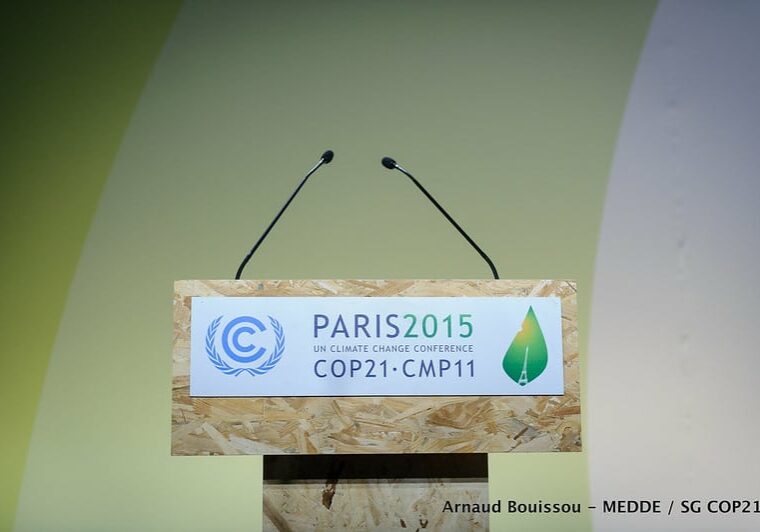
COP21
At COP21 in Paris, where the Paris Climate Change Agreement was adopted, ICA participated in several panels and advocated on a global scale. This included speaking at an SEforALL event focused on the current status of its three goals related to SDG7: energy access, renewables and energy efficiency. COP21 also provided a platform for ICA to advance U4E as part of a larger movement of Energy Efficiency Accelerators.
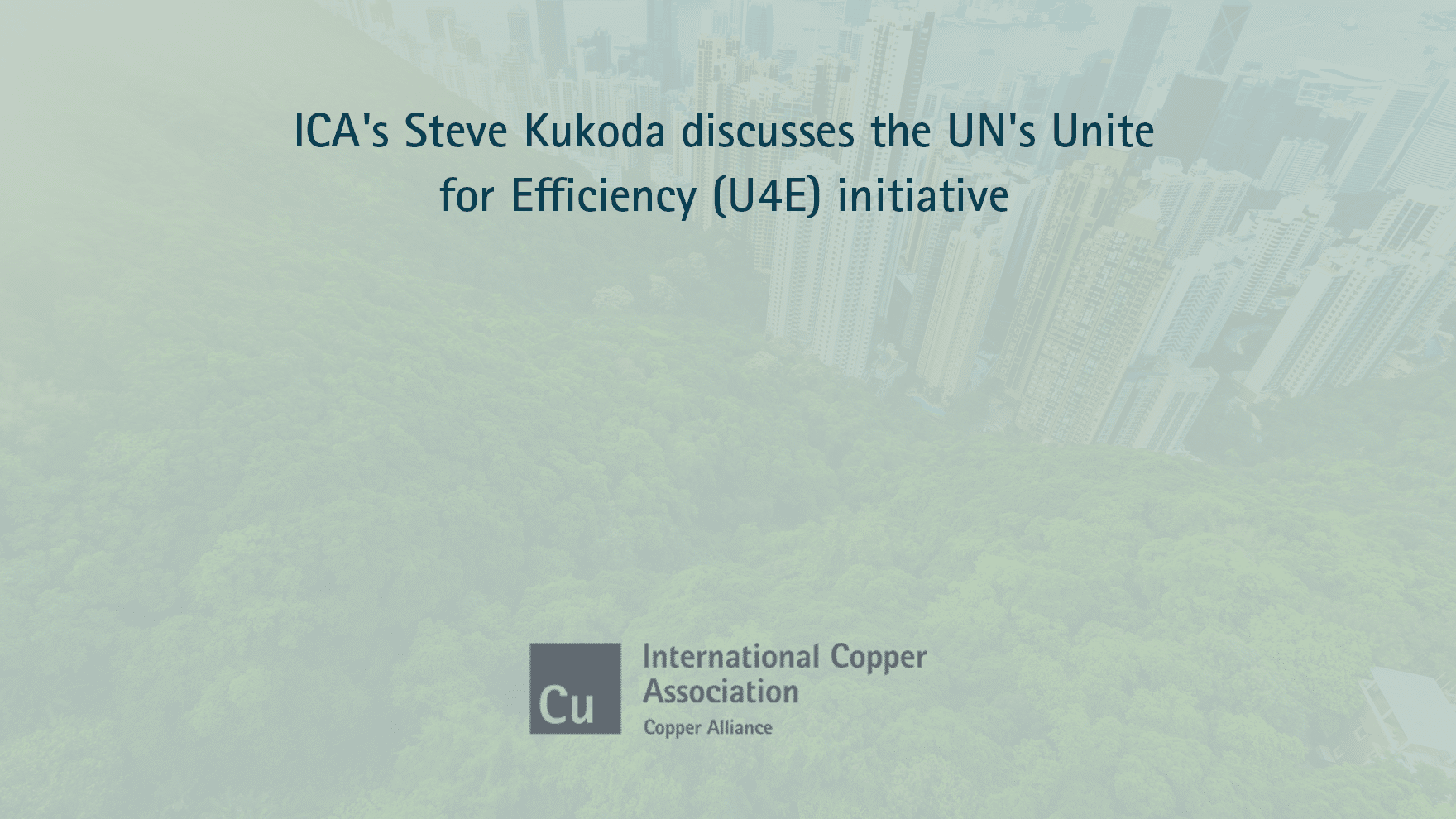
UN General Assembly
ICA spoke at the UN General Assembly to introduce the U4E initiative and advocate for the need to speed the adoption of energy efficient appliances, citing the potential emissions and cost savings if targeted adoption of energy efficient appliances in six product categories occur in developing and emerging economies.
United for Efficiency (U4E)
With its origins as a UNEP lighting efficiency accelerator program “en.lighten” and previously known as the Global Partnership for Energy Efficiency Appliances and Equipment, U4E has grown significantly as a UNEP-led public-private partnership. Expanding its scope to address 6 product areas, ICA co-founded the new partnership, U4E, to implement minimum energy performance standards and transform markets for energy efficiency in developing and emerging economies. To date, U4E has leveraged more than $60 million in funding.
ASEAN SHINE
The Association of Southeast Asian Nations Standards Harmonisation Initiative for Energy Efficiency (ASEAN-SHINE) initiative was implemented by ICASEA (2014 – 2018), UNEP and the ASEAN Center for Energy (ACE) and funded by the EU. Implemented with strategic local partners, it became a model of a regional approach to energy-efficiency policy formulation. A continuation of ICA’s Asian Energy Manager Accreditation Scheme (AEMAS), it led 10 ASEAN countries to harmonize their energy efficiency standards to meet International Organization for Standardization (ISO) guidelines for air conditioners and trained more than 3,000 salespeople in energy efficiency.
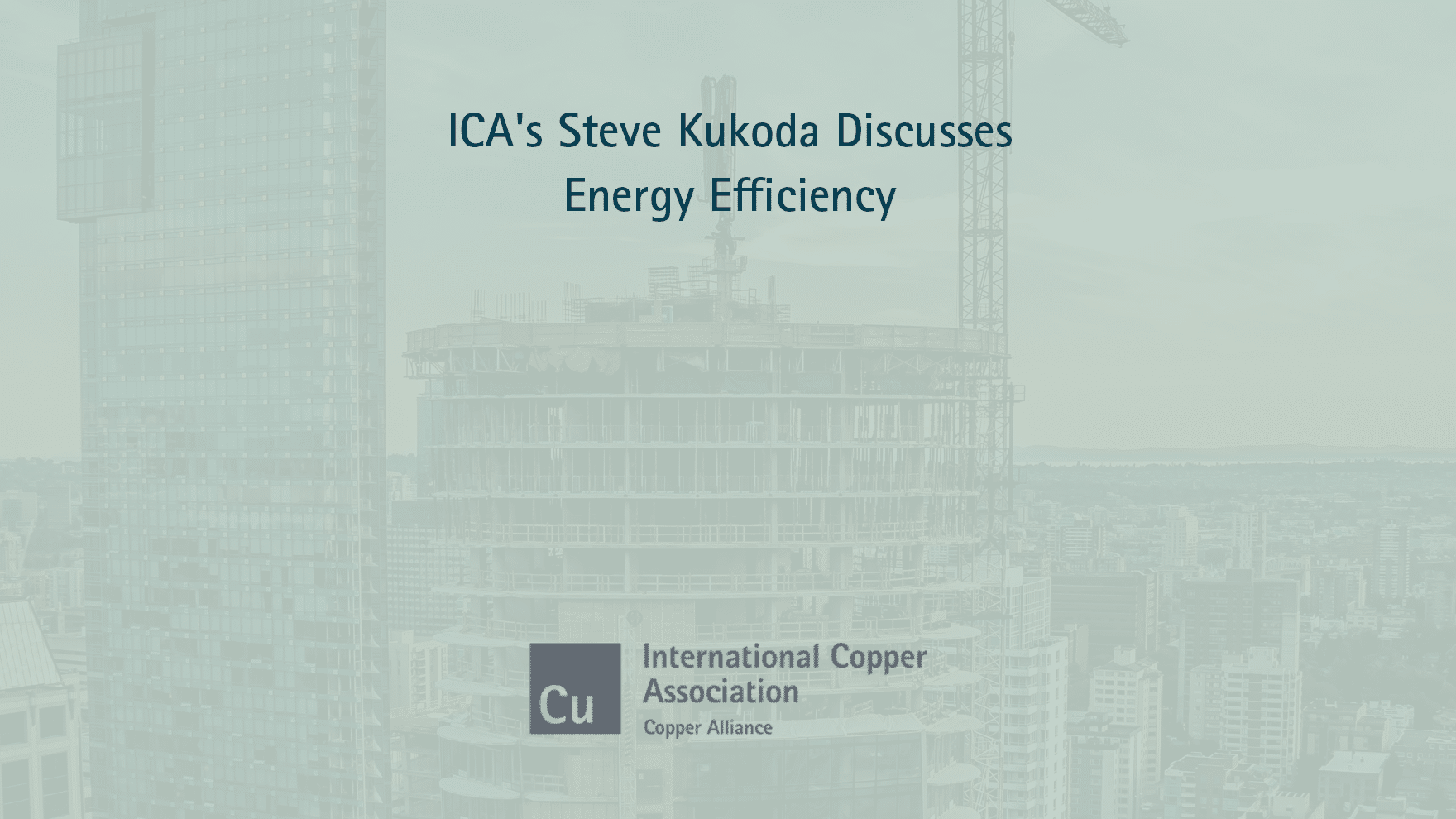
ICA speaks at the UN for the first time
The UN Headquarters in New York served as the ideal venue to announce the launch of SEforALL’s Energy Efficiency Accelerator platform. ICA presented on U4E, which at that time was known as the Global Partnership for Energy Efficiency Appliances and Equipment.
SEforALL
ICA signed an MOU with SEforALL, working to achieve universal access to modern energy services, reduce global energy intensity by 40 percent and produce 30 percent of the world’s energy from renewable resources. SEforALL is the primary UN agency focused on delivering on UN SDG7. ICA helped co-establish, along with the UN Foundation (UNF), the Global Partnership for Energy Efficient Buildings, which has transitioned to the SEforALL “Buildings Efficiency Accelerator.”
Additional resources to view:
SEforALL Case Studies
Clean Energy Solutions Centre (CESC)
In 2011, ICA provided the resources for the establishment of the Clean Energy Solutions Center (CESC), now known as the Clean Energy Ministerial, which helps governments design and adopt policies and programs supporting the deployment of clean-energy technologies. This initial project laid the foundation for expansion to all UN countries. Through UN Energy and UNIDO, the CESC became the prototype for the creation of SEforALL.
Formalization of UNF Partnership
ICA signed a partnership agreement with UNF in 2010, with the mission to: “Leverage the expertise of ICA and the UN in support of the United Nations’ ongoing work to promote access to clean energy and energy efficiency, enhance the UN system’s collective engagement on climate change, and speed the transition to a low-carbon global economy.” This collaboration led to the CESC and future establishment of SEforALL.
UN Energy and UN Habitat
In 2008, ICA first partnered with UN Energy and UN Habitat on providing energy access to the urban poor. Projects started in Africa and then expanded to other parts of the world. These experiences provided ICA with opportunities to work with new partners to develop electrification programs in urban slums, most notably in Brazil.
Barrier Removal to the Cost-Effective Development and Implementation of Energy-efficiency Standards and Labeling (BRESL)
A long-term project was established in 2006 with UNDP, with funding from the GEF, called “Barrier Removal to the Cost-Effective Development and Implementation of Energy efficiency Standards and Labeling” (BRESL). The project ran through 2014 in Bangladesh, China, Indonesia, Thailand and Viet Nam.
UNEP
ICA’s first project with UNEP on “Global Solar Water Heating Market Transformation” was funded by the GEF and implemented in partnership through ICA, UNDP and UNEP. Collaborating with the governments of Albania, Chile, India, Lebanon and Mexico led to increased uptake of solar collectors for hot water preparation. The work included awareness campaigns, addressing standards and regulations, providing training, and developing financing schemes. The project also resulted in the creation of solarthermalworld.org, a global knowledge-management system.
Non-Ferrous Materials Technology Development Center (NFTDC)
ICA, the Common Fund for Commodities (CFC, established by the UN Conference on Trade and Development) and the International Copper Study Group (ICSG) developed the “Transfer of Technology for High Pressure Copper Die-Casting in India” project. This led to the establishment of the Non-Ferrous Materials Technology Development Center (NFTDC) in Hyderabad, India, and the building of an “Enabling Technology Center” (ETC).

COP11
ICA has regularly participated in the annual COP events, with 2005 marking the first appearance of ICA at the conference.
UN Commission on Sustainable Development (CSD)
In 2004, ICA first participated in the UN Commission on Sustainable Development (CSD), responsible for implementing the agreements of the 1992 Earth Summit and the Rio Declaration on Environment and Development, predecessors of the SDGs.
Early Work with UNDP
In its first partnership with UNDP, ICA launched the Polish Electrical Motor Efficiency Program. Other early-days projects with UNDP included the removal of market barriers to energy efficiency standards/labeling in Asia, the establishment of an India motor energy efficiency technology center and a global solar water heating program.
First ICA-UN Partnership
ICA’s ongoing and mutually beneficial relationship with the UN began in 1998, starting with the Common Fund for Commodities (CFC), an autonomous intergovernmental financial institution established by the UN Conference on Trade and Development (UNCTAD). Early projects focused on energy efficiency programs in developing markets like China and India.

